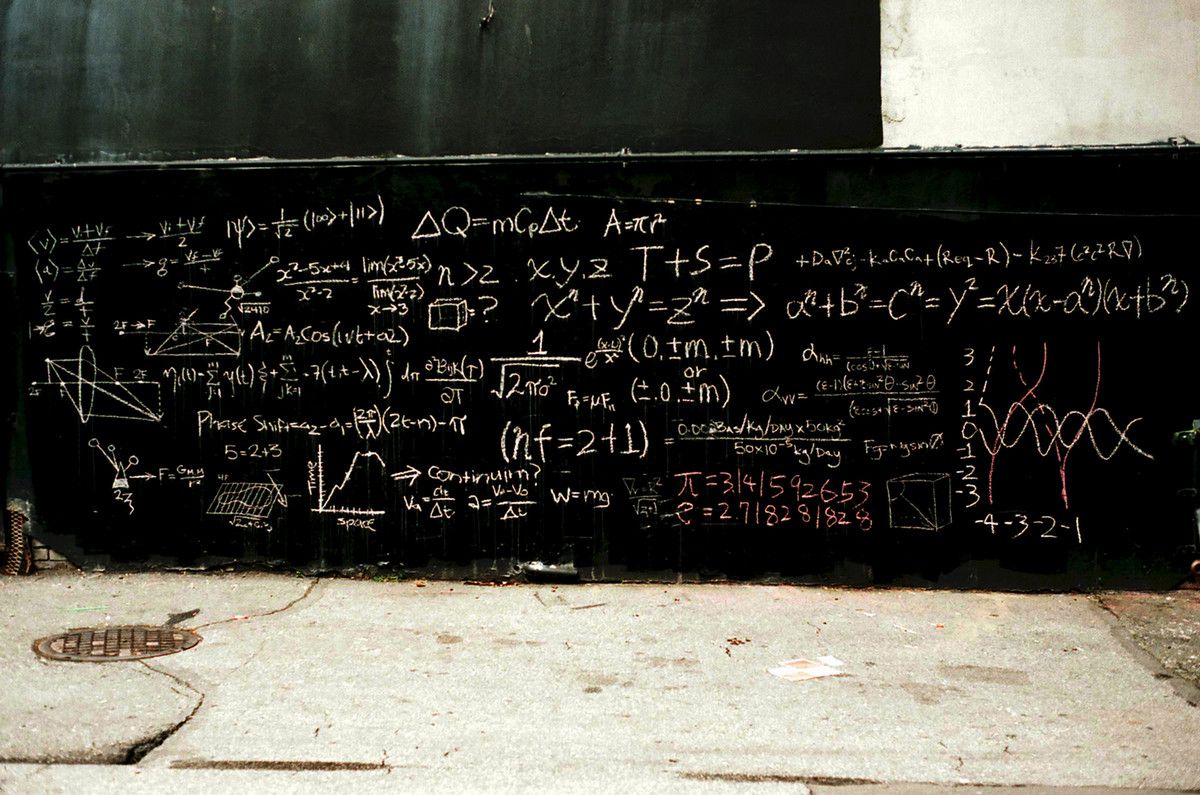D: Yaël, I just can't get my checkbook to balance. Do you happen to have a calculator?
Y: I do, Don, but I'm not going to lend it to you.
D: Why not?
Y: Well, a recent study shows correlation between calculator use and poor performance doing complex arithmetic.
D: Well, if I had a calculator, I wouldn't have a problem doing complex math.
Y: Yes, but that's the point. Complex arithmetic places special demands on what is known as your working memory, the place where you store the information you need in the short-term. For example, working memory enables you to remember things like carrying over the ones and how many decimal places you're dealing with. Psychologists speculate that over-reliance on calculators means that ultimately you won't achieve the same level of working-memory expertise that you would otherwise.
D: Ugh, just the phrase "decimal places" makes me anxious. Come on, hand over the calculator.
Y: You know, there's also a relationship between working memory and math anxiety. It's long been speculated that math anxiety worsens your performance by making you more likely to avoid math, which in turn lowers your competence. But now studies show that people with math anxiety have smaller spans of working memory.
D: Come on, Yael. I just want to balance my checkbook.
Y: And psychologists think that math anxiety clogs your working memory with distracting worrisome thoughts-
D: Like why you won't let me use your calculator.
Y: Don, all I'm trying to say is that by putting your math anxiety aside and practicing a little, you'd be able to balance your checkbook without any help.
D: Come on Yael, just hand it over.
Y: Oh, all right. I give up.










